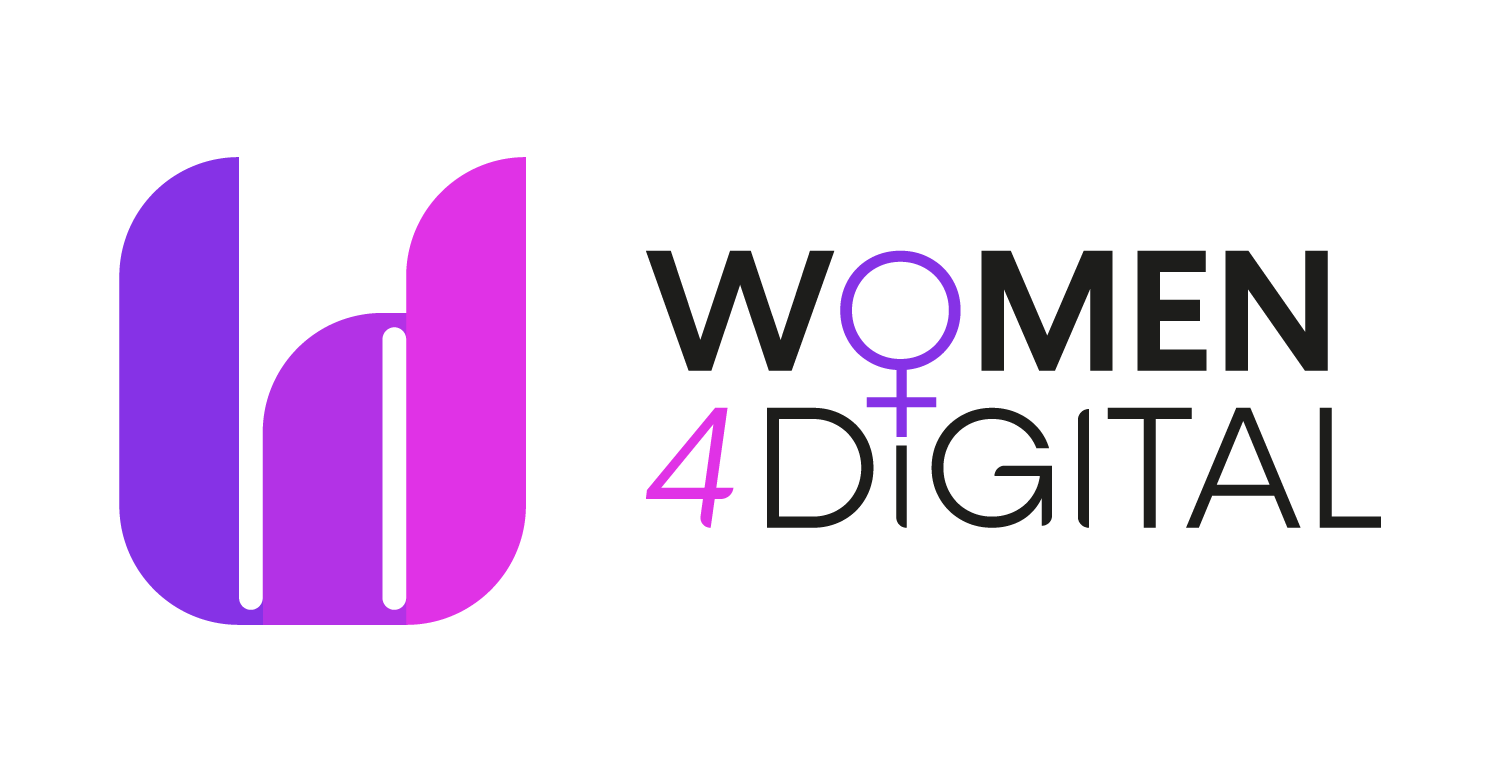
Women4Digital
Gender Equality in the Digital Transition in Portugal: what place for Women?
The Women4Digital project aims to contribute to the understanding, characterization, and monitoring of Portuguese public policies to promote women's participation and combat horizontal segregation in the digital since 2017. These policies are relevant as women's participation in Information and Communication Technologies (ICT) is not only exceptionally low but has also exhibited a decreasing trend: the proportion of female graduates in ICT dropped from 26% in 1999 to 20.1% in 2020, while women's participation in the ICT workforce decreased from 24% to 22% between 2020 and 2005. This reality hampers the overcoming of constraints in the supply of ICT qualifications, essential for the success of digital transition based on human rights, and significantly contributes to exacerbating income inequalities between men and women, as women tend to be concentrated in less dynamic lower average remuneration activities compared to those in the realm of ICT.
Since 2017, there is evidence of a strong public policy initiative in Portugal to put women's participation in the digital on the political and public agenda. These efforts have been driven and developed under the auspices of government’s Equality cabinets, which began with the launch of a specific program - Engineers for a Day. The theme has been increasingly taken up by other spheres and sectors, also due to a series of Europe regulations and programs aimed at promoting gender equality in Science, Technology, Engineering, and Mathematics (STEM), now expanded to STEAM to include the Arts.
Thus, a gender mainstreaming policy or the integration of a gender equality perspective in this field has been gradually consolidated, through the creation of various programs, the introduction of specific strategic objectives in planning instruments (e.g., the National Strategy for Equality and Non-Discrimination [ENIND 2018-2030]), and the establishment of targets and indicators in digital transition policies (e.g. Action Plan for Digital Transition). These initiatives have generated synergies among various sectoral players, including the business sector, associative sector, schools, higher education and scientific institutions, as well as networks in the technological and digital domains. However, the are no systematic studies addressing these policy dynamics, identifying and analysing the diversity of gender mainstreaming instruments and action measures being developed. The design of mechanisms and the formulation of indicators for the integrated monitoring of these measures and evaluation of their impacts, are therefore particularly relevant, both to assess their scope and to support planning exercises for adjustments or formulation of new public policy measures. These are gaps that this project aims to fill.
In addition to mapping them, the project will analyse public policy initiatives in the light of models that typify and monitor the impact of gender mainstreaming programs in the digital and the factors determining their success (Marcelle, 2002; Lagesen et al., 2022). To achieve the abovementioned objectives, a set of complementary tasks will be carried out:
• collection and systematization of regulations and indicators from international bodies;
• critical content analysis of perspectives on "gender mainstreaming" and "specific actions" present in national public policies;
• stakeholder consultation through focus groups with those responsible for/representing public policy areas (e.g., digitalization, equality, education, labor).
We also intend to ensure a strong participatory and training component, through coordinated work with the entities supporting this research – the Commission for Citizenship and Gender Equality and the Directorate-General for Statistics in Education and Science -, and a workshop with stakeholders.
Lina Coelho
Luísa Maria Cameira Ribeiro Lopes
Margarida Fátima Gomes Vasconcelos
Mariana Santos
Rosa Monteiro (coord)

